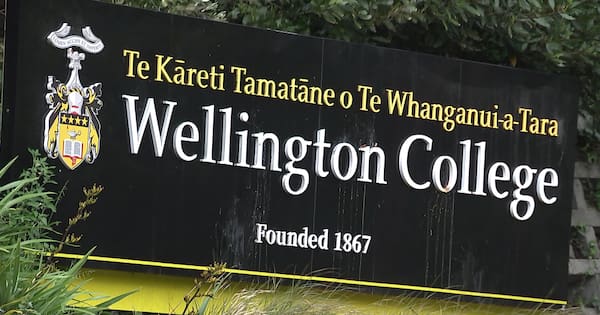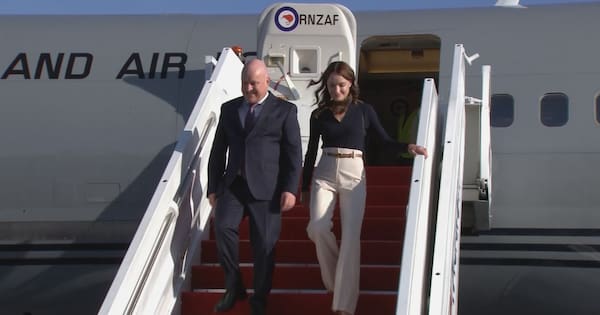A Dunedin mum is hopeful the changes to NCEA will benefit her Year 7 son, but another says she’s a “bit scared”.
The Government has pulled the pin on New Zealand’s official secondary school qualification after more than 20 years.
The National Certificate of Educational Achievement will be gone by 2030, replaced by a basic literacy and numeracy award at Year 11, and the Certificate of Education and Advanced Certificate of Education at Years 11 and 12.
‘Achieved’, ‘not achieved’, ‘merit’ and ‘excellence’ will be replaced by marks out of 100 and letter grades A, B, C, D and E.
The new certificates would be standards-based, like the NCEA is, meaning every student passes if they demonstrate the required knowledge or skills, but they would have to study at least five complete subjects and pass four of them to get their certificate.
A Dunedin mum, who RNZ has agreed not to name to protect the identity of her child, was optimistic about the move.
The morning’s headlines in 90 seconds, including the West Auckland builder sentenced over massive meth haul, fire on a commuter train, and how Bluey could teach kids about resilience. (Source: 1News)
“It will be an advantage to him because it gives that nice, stringent ‘I know what I need to head for, I need to study really hard for this’.”
She called NCEA a “step backwards”, saying the change was a return of a more structured way of learning and a focus on core subjects.
“As an employer of people coming out of university, I can tell you it kind of sets them up a little bit for failure in real life,” she said.
“I find that the English levels, the maths levels and science levels coming out for students just isn’t quite as good as some of the historical stuff that I’ve seen coming out of the older styles.”
Education Minister Erica Stanford joined Breakfast this morning to explain why the Government was overhauling the country’s secondary school standards. (Source: 1News)
Another mum, who has a son just starting university and a daughter in Year 9, said the NCEA system was confusing.
“Even I couldn’t understand this credit system and achieved system. I always thought ‘what is this? Credits? Credits?’.
“But one thing I’ve noticed, if he knows he has got enough credits, then he decides he’s not going to work any harder.”
The new grading system could push them to study harder or discourage them from learning, she said.
“As a parent, I am a bit scared, to be honest.”
They claim the consultation period is too short to meet treaty expectations. (Source: 1News)
She was uncertain how students would respond to the changes, saying it would depend on how they were implemented.
A grandmother who lived with her Year 8 grandson said she was on board with the changes if they helped students.
“That’s what I would be hoping for. Something that makes it easier for the kids to show that they’ve really, really tried and that they do want to be at school and they want to learn and that they want to get a job when they get away from school, and that they want a better life.”
But she was worried some students might choose to drop out if they had to pass four of their five subjects to get one of the new certificates.
“That does sound a bit tough because if a child or a young adult can’t handle exams – to pass four subjects may just be beyond their capability,” she said.
rnz.co.nz









